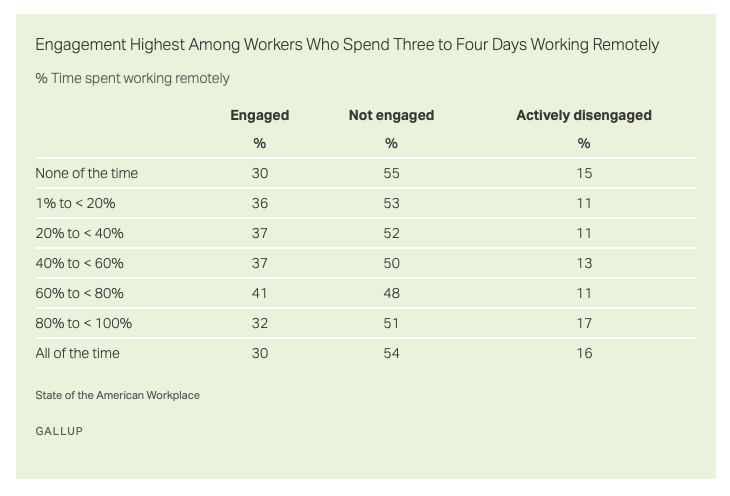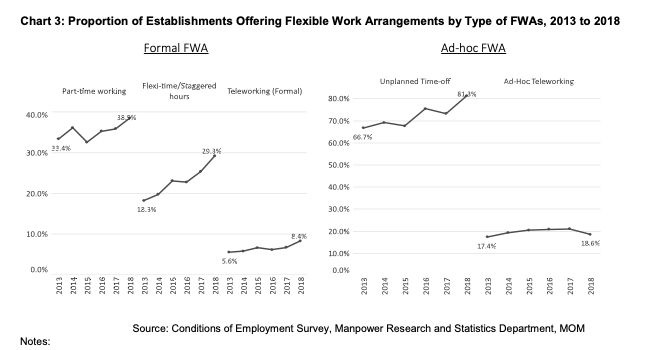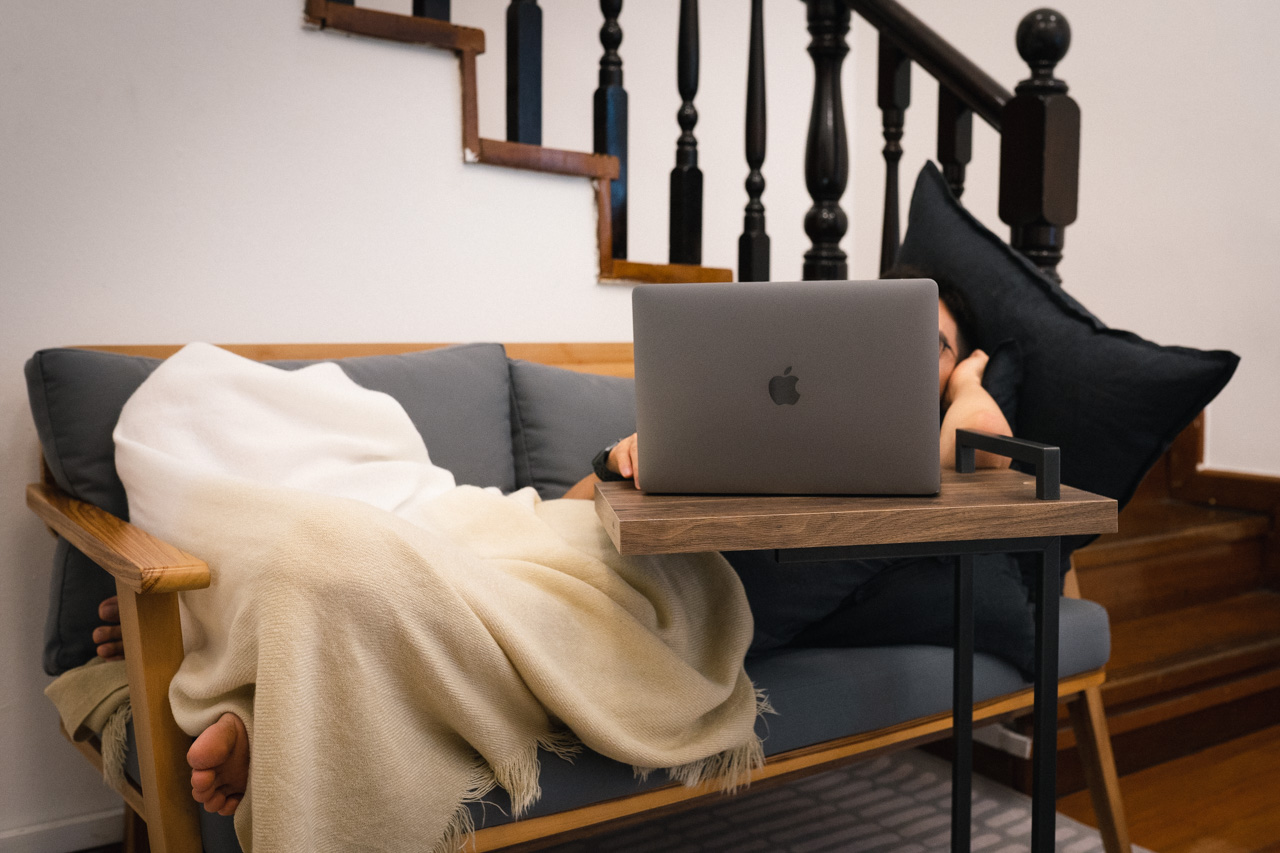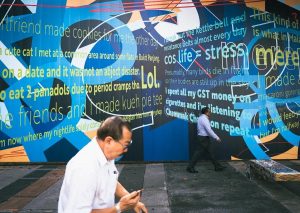You can say I’m living the life.
Because of COVID-19, the RICE editorial team, like employees in different companies across Singapore, has been instructed to work from home.
There were some initial trepidations: How would we conduct our morning meetings? Would it be difficult to communicate with each other? What would be the effect on our productivity?
After two weeks of working from home, I think I can say for the entire team that there has been no change in the way we operate. Or if there is any, it’s that we have, on the contrary, been more productive and engaged with our work. Drafts are coming in before deadline. People are volunteering to attend events to—gasp—network and maintain relations. The messages in Slack (the messaging platform we use) have changed from suicidal/murderous to peppy exclamation-mark statements!!!
That is to say, we are … happy? What is this alien feeling?
The positive results from this work-from-home experiment got me thinking: if we, as a company, have been functioning so well while working remotely, why shouldn’t we be doing this permanently? Or why shouldn’t any company, for that matter?

Even if your work is not tied to a specific site or oriented around a person, some considerations may stop you from working from home. For instance, people who deal with sensitive and confidential information necessarily have to work within a secure space, because we don’t want more leaks than we already had in 2019. Client-facing jobs are, well, client-facing for a reason: it’s hard to replicate, over an electronic medium, the process of feeling each other out and establishing mutual trust.
For everyone else, however, I don’t see why most of Singapore’s workforce shouldn’t be allowed to work from home—even if it’s only for one day a week.

It’s no great mystery why people enjoy working from home. By skipping the morning commute, you get an extra hour or two lying in bed and can wake up feeling refreshed instead of grouchy. You have the freedom to wear whatever you feel most comfortable in—tee shirt and shorts, your boyfriend’s OCS singlet and boxers—instead of constrictive and kinky business attire.
And in the words of an unnamed RICE employee:
ALSO WHO DOESN’T LIKE WORKING FROM THEIR BED?????
Working from home, we are also spared the distractions that constantly crop up in the office, such as meetings that happen around us, angsty colleagues yelling expletives into the air because of writer’s block, or having an impromptu mangosteen party. (All true stories.)
In any case—pardon me for this gross C-suite phrase—happy workers are good workers! Working in a comfortable, familiar environment where you can be the slug you are is, by and large, beneficial for your mental health. And mental health is perhaps the most important determinant of work performance.

Ms Yvonne Li, the director of PR agency Tate Anzur, tells Today, “I would say that we have been more productive in this period. Since everyone is working from home and is easily reachable for discussion online, we were able to establish concrete plans with our clients quickly.”
Most Singaporeans can resist the siren song of their bed too. According to a CNA article, when working from home, people actually work outside official office hours because when you’re working from home, work and leisure blur together. (Whether that is a good thing is another issue altogether.) And the same Gallup poll found that Americans who work at home (or remotely) three or four days a week have the highest level of engagement with their work. The paper concludes:
Employees who spend some time off-site won’t suffer losses in their engagement and that there will be performance improvements that go with it … remote workers are more productive than on-site workers as well.
But it’s clear that the positives outweigh these objections; evidence shows that working from home provides tangible benefits to companies and employees both. It’s not often that a win-win situation crops up in capitalism.


We have an infamously toxic work culture. Workplace politics can get more intricate and drawn out than the current anime betrayal happening with our upstairs neighbour. Managers value face-time and think that anyone who is not physically in the office and glued to their chair is out sipping a frozen margarita. In their world, there exists no concept of trust. Or humanity. They don’t believe that people can be self-motivated enough to do work without needing the Eye of Sauron perpetually trained on them. And if people are being paid for their time, they jolly well spend that time in the office and not at home!!!
Again, all this is purely anecdotal, drawn from personal experience, stories friends have shared with me, Reddit threads, and so on.

But I don’t think we need an in-depth study to tell us what all of us, having gone through such experiences ourselves, already know: unless you’re lucky, working in Singapore is a pretty shit experience. You’re more likely to get chummy with the CEO’s secretary than to be allowed to work from home.

But maybe we don’t need all that. We just need to be allowed to stay at home to do our work. And we’ll become more productive and happier people.
It’s sad that it’s taken an epidemic for most Singapore companies to allow their workers the opportunity to work from home. When COVID-19 gets scorched to death in the summer months, companies will, hopefully, remember the lessons learnt from COVID-19: emergency preparedness, hygiene measures, financial resilience, blah blah blah. All that, certainly. But also that working from home is not giving employees a vacation. It’s trusting in people to do their work, to manage their time, and to let them live their lives.
Being “future-ready” is another of those meaningless jargon Singapore statutory boards and schools like to throw around. Unless Singapore companies accept that telecommuting—i.e. working from home, the coffee house, on top of your toilet bowl—is the future, the only thing we are getting ready for is obsolescence.





